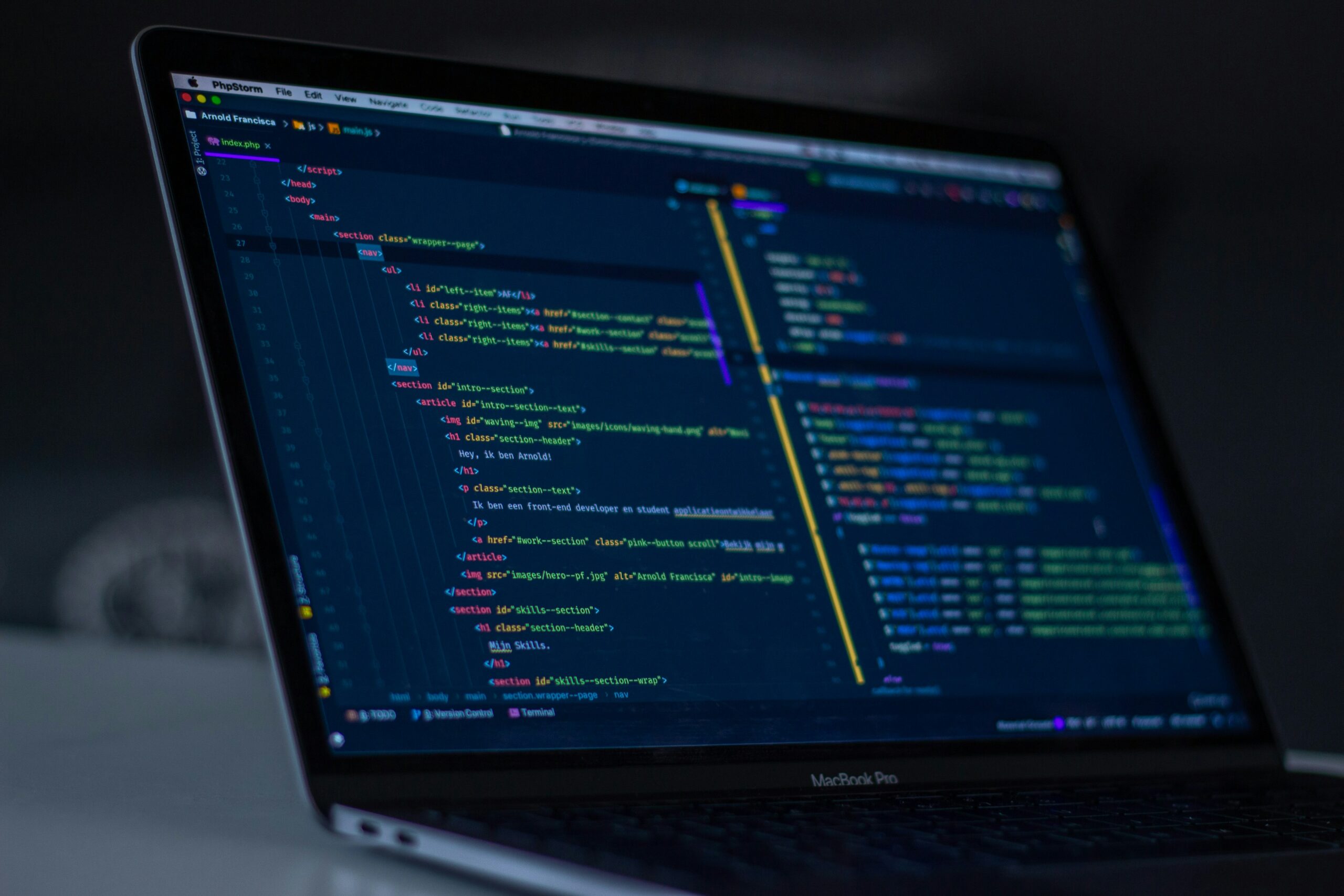In regards to literacy we think of the ability to read and write, the practice of expression through the written words put onto paper on submitted on the screens of computers.
In “Becoming Literate in the Information age: Cultural ecologies and the literacies of technology by Hawisher & Selfe’s. Melissa Pearson and Brittney Moraski were born a generation apart when computers began their steady evolution into what they are today. Observing how the first computers evolved from huge unseemly hardware with military applications and storage capacity. All the way up to when they began to gain marketable value in the global civilian sector. Going on how they became literate in the use of computers despite as it gained traction in national culture, education, professional and person aspects in people’s lives.
To be considered literate is not just referring to the spheres of literature, but also in the level of skill and comprehension a single person can have toward a skill an area of study and its application. When they attain an effortless mastery where they can solve problems or perform actions without the need of assistance that is when a person becomes fluent or literate in their field.
Both Melissa Pearson and Brittney Moraski were born almost apart from computers, they weren’t born into the information age like people today. The computer to them was a new fronter whose limits the world was only just beginning to scratch the surface of. However with time and exposure they attained a degree of understanding in the use of technology in the environment of this Information Age that they became literate in its uses, applications, and effects.
Jame’s Paul Gee’s “Literacy, discourse, and linguistics: Introduction,” was an enjoyable read all things considered. Especially regarding the necessity of an author’s need to knew themselves through discourse. Of how to write properly making sure every aspect of writing conforms in action, body language, tone and belief to what you are writing. That discourse is vital in writing as it can enable a writer to learn of themselves before even writing, something that is elucidated through collaboration rather than being taught.





Leave a Reply